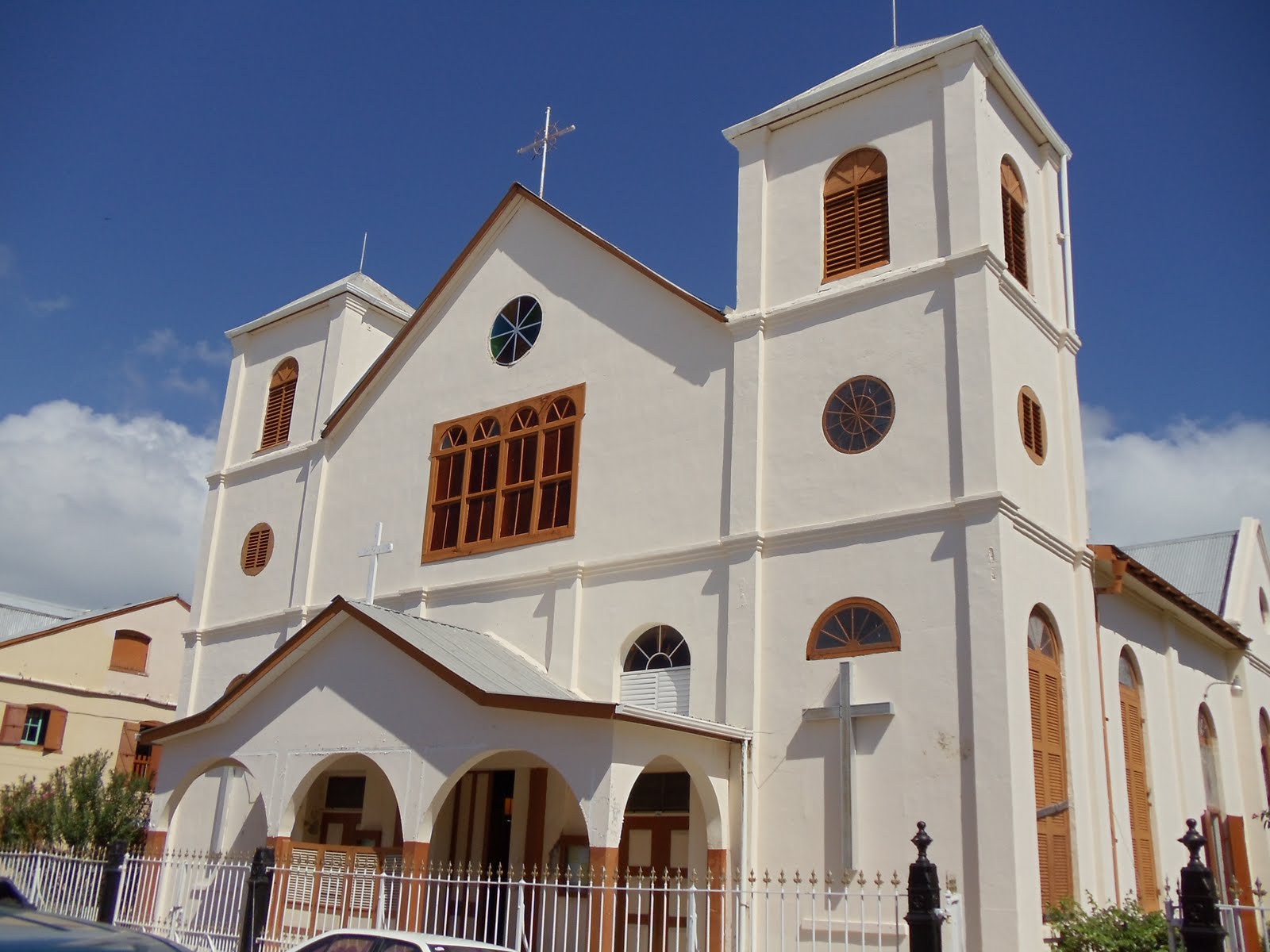
Although Belize has no official religion, about half of Belizeans are Roman Catholic, while approximately 7 percent are Pentecostal, 5 percent Anglican, 5 percent Seventh-day Adventist, and 5 percent Mennonite. There is also a small population of Baptists, Methodists, Nazarenes, Hindus, Muslims, Buddhists, members of the Church of Jesus Christ of Latter-day Saints, and others.
The government in Belize generally respects religious freedom through its laws and practices. The preamble to the Belizean Constitution states that the country will be founded on principles that “acknowledge the supremacy of God.” The Constitution provides for freedom of conscience, and freedom from being compelled to take an oath that goes against one’s beliefs. The Constitution also contains a provision that allows the government to intervene in private affairs if that intervention is to protect certain freedoms, including religious practice. Religious discrimination is illegal in Belize.
The Constitution also says that religious organizations can erect places of education and provide religious instruction, and shall not be prohibited from providing such instruction. A law in the educational system provides that all schools should give at least one class a week devoted to religious teaching, but because of the constitutional prohibition against compelling religious instruction, children can be exempted from the instructions or observance if the parents object to it. However, school administrators do not always know the law and sometimes must be corrected. In the past, the Ministry of Education has gotten involved in these situations.
Although Defense Forces has a chaplain, religious instruction within the organization is not required. Additionally, the single prison in Belize is largely funded and managed by an independent, nondenominational Christian organization, named the Kolbe Foundation. Although the Belize government maintains oversight over the prison itself, the foundation runs the prison. A focus of the prison is religious instruction and rehabilitation, but conversion to a religion is not mandatory. Although pastors other than the chaplain and the Catholic missionaries visit the prison occasionally, the prisoners can also request a visit in writing from a representative of the religion of his or her choice.
The State Department reports that there were no recent changes in the status of religious freedom in Belize. It also mentioned several groups that have been promoting social justice in Belize, including the Faith and Justice Commission, which is a Catholic organization, and the Council for Churches which is an association that represents 75 percent of the religious organizations in Belize. The Council for Churches has a representative on the National Committee for Families and Children and the National AIDS Commission. The National Committee for Families and the AIDS Commission collaborate with government and non-government organizations to deal with their respective issues.
For more, please consult the links below: